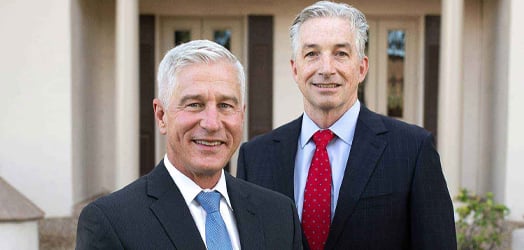Wrong-site surgical errors in Arizona medical facilities are preventable, and it is important for those who perform such surgeries to recognize the impact an error can make on both the patient and on those involved. While a patient may deal with life-changing challenges in extreme cases, a health care facility and the team involved in a wrong-site surgery could face such professional consequences in resulting medical malpractice actions. As providers have become more transparent in reporting such errors, numbers have climbed. However, professional organizations have contributed to developing strategies for preventing such errors from being committed.
Leadership is critical in avoiding surgical errors. This is one of the leading areas that can contribute to or reduce such mistakes. Additional causes include poor communication and noncompliance with established surgery protocols. Factors such as emergencies, multiple surgeons or procedures, irregular patient physiology, changes in operating room or unusual equipment can increase the risk of errors. Improved communication and leadership may include a briefing period prior to a procedure to review the planned actions. Additionally, an interview process involving the patient can be helpful. Inclusion of a patient’s family members may ensure that additional verification of the procedure is provided.
Professional and financial consequences may result from cases of wrong-site surgeries, and medical malpractice claims in connection with such incidents tend to have high levels of success. The impact on a patient could be quite serious as well, making it preferable to be proactive in reducing risks.
A patient who has been affected by a wrong-site procedure might face a serious level of distress in the aftermath of such an incident. A medical malpractice lawyer may be helpful for evaluating the situation objectively to pinpoint actions that may have contributed to such a surgical error.
Source: ncbi.nlm.nih.gov, “Wrong-Site Surgery: A Preventable Medical Error“, Deborah F. Mulloy; Ronda G. Hughes, September 19, 2014


